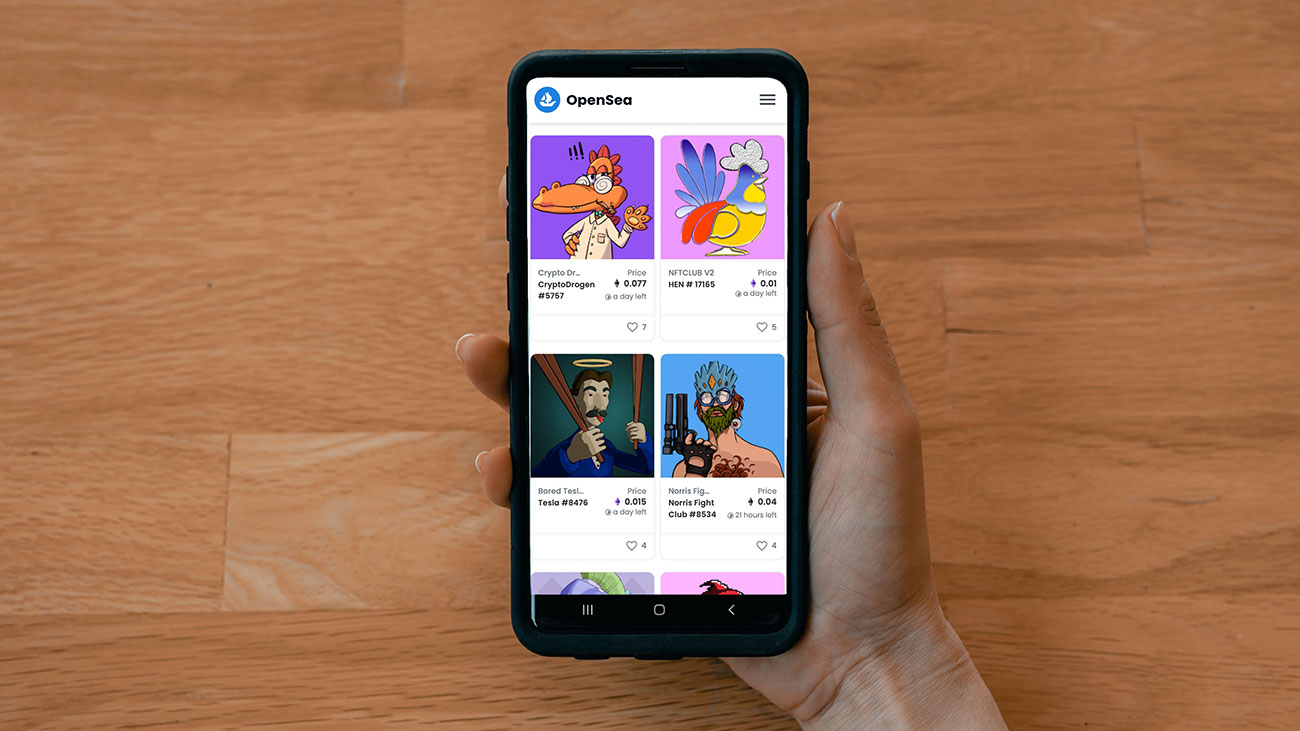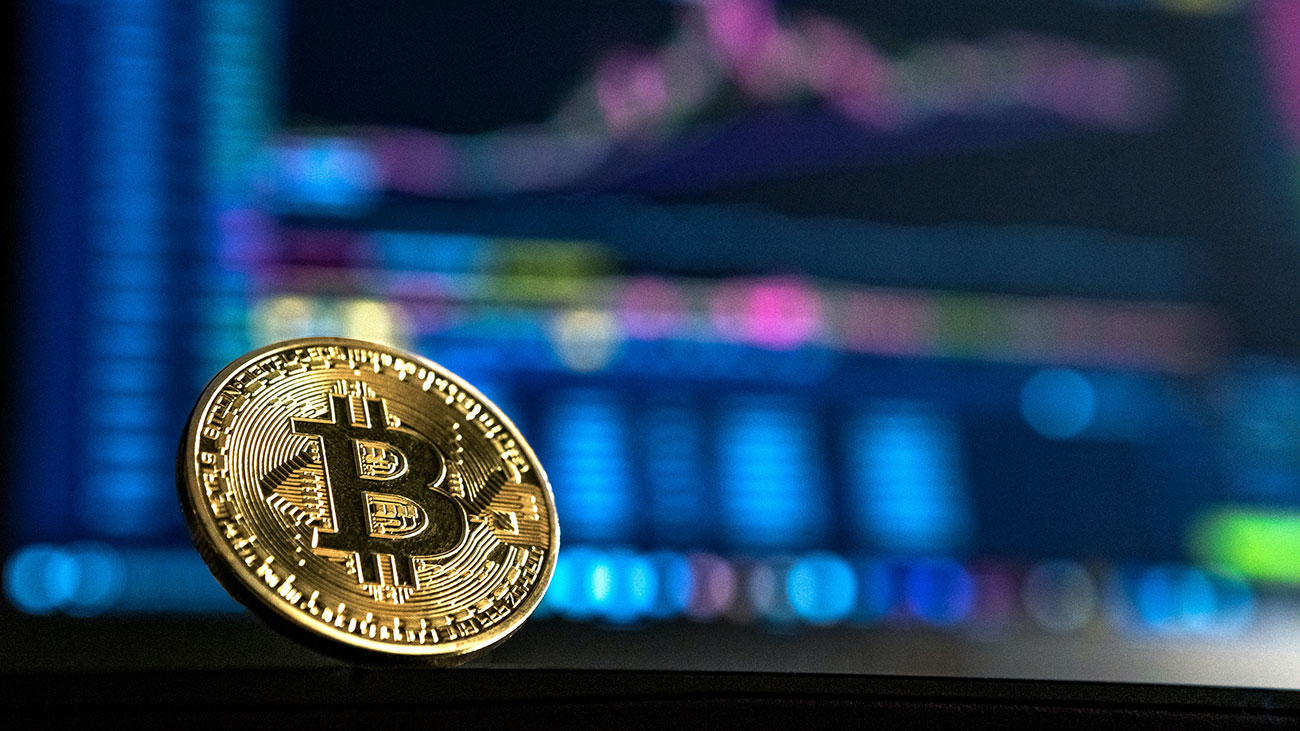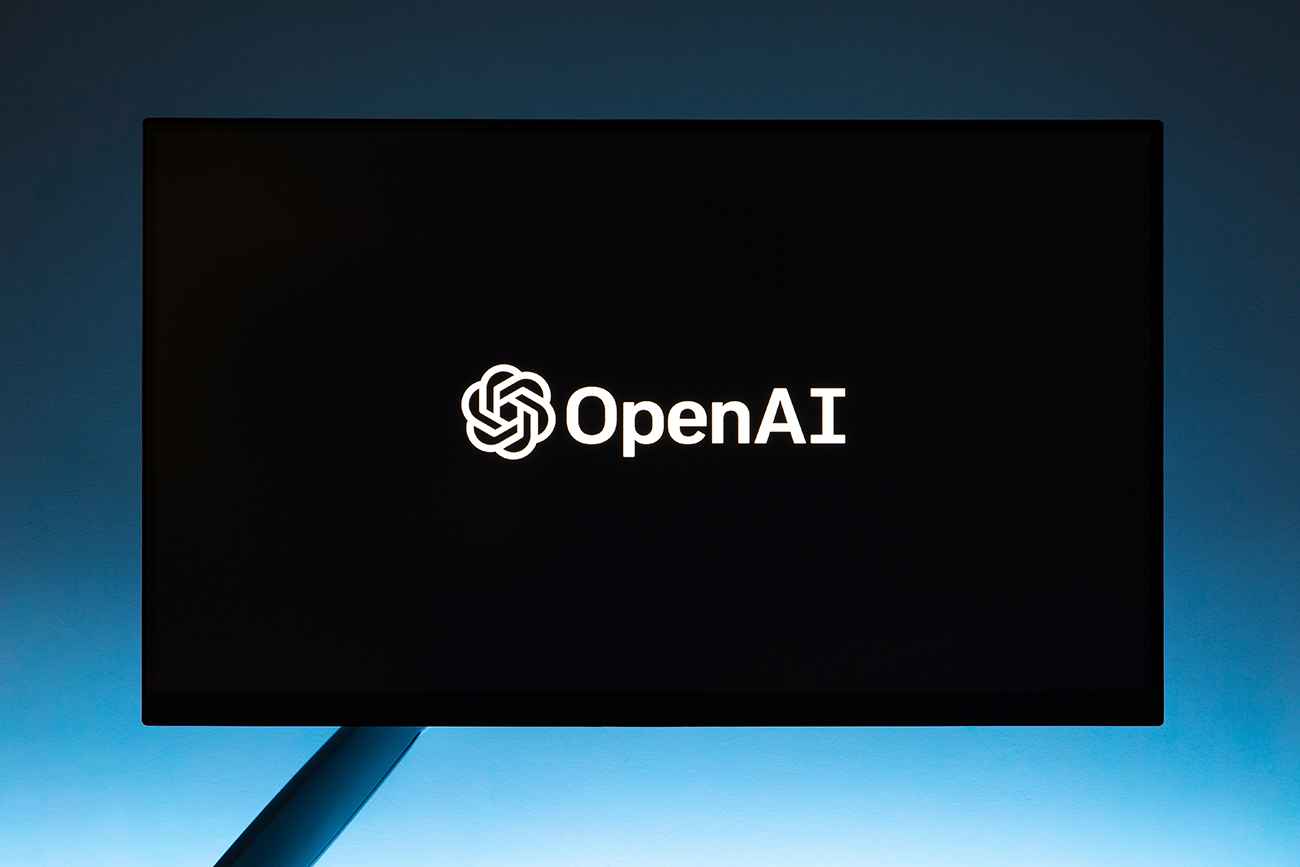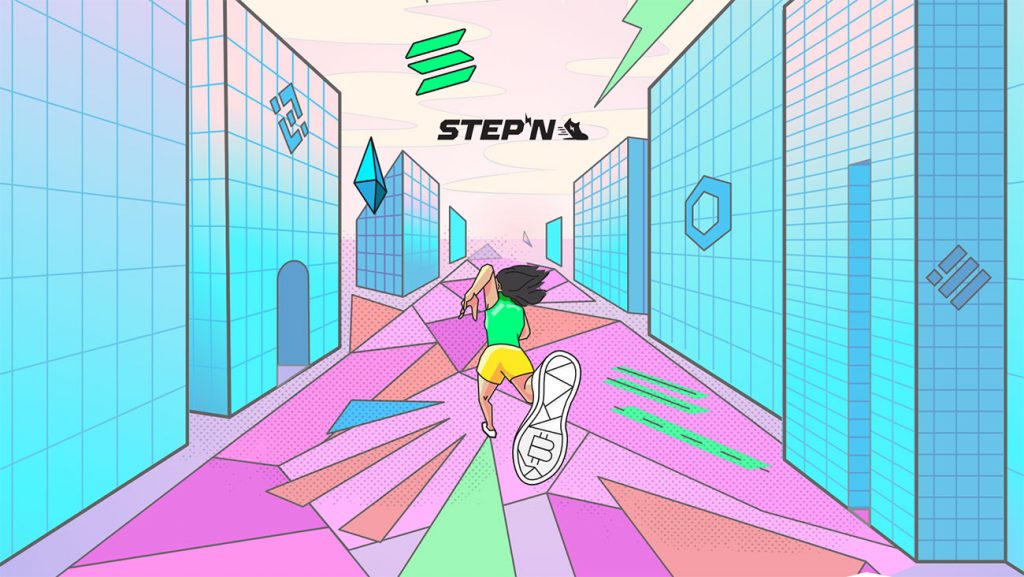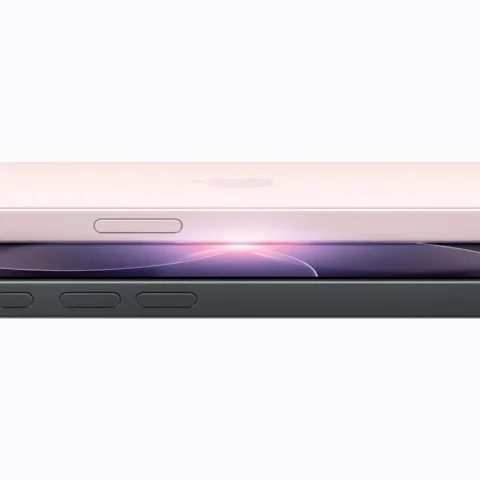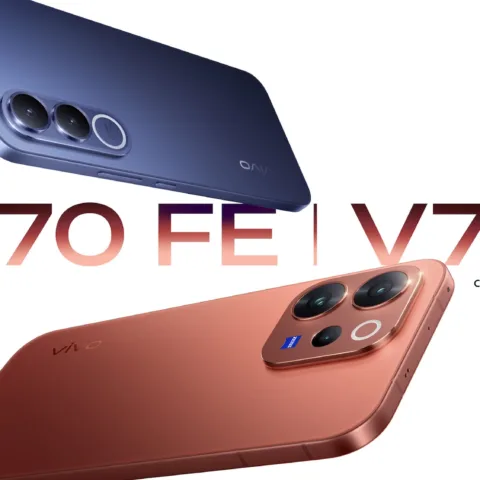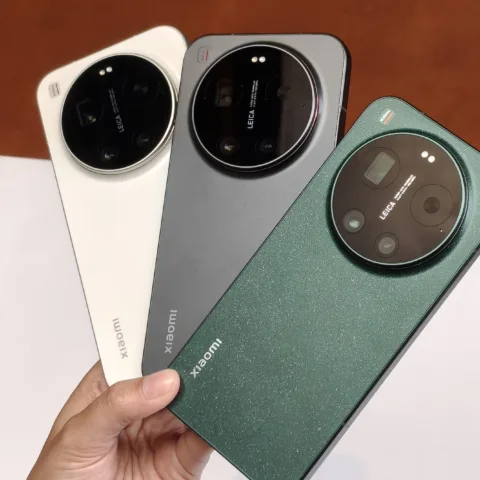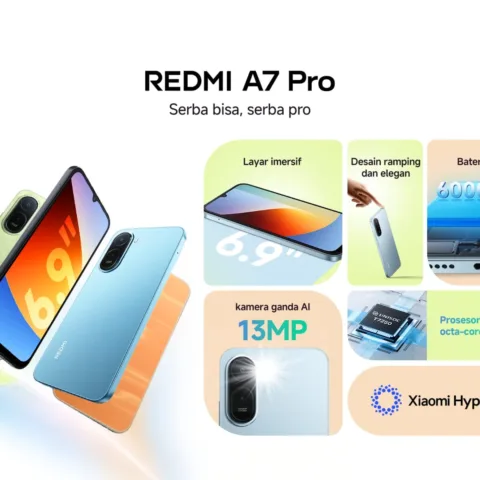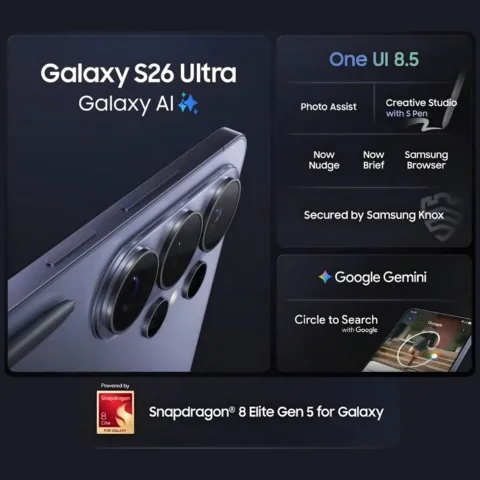It’s no secret that the NFT ecosystem is rife with fraud, theft, or any other forms of abuse. One of the most worrying problems is copymints. These are essentially copycats that rip off other NFTs, such as PHAYC and PAYC, which have since been banned by many marketplaces for ripping off the famed Bored Ape Yacht Club.
The simplistic nature of minting NFTs in most marketplaces doesn’t help, yet OpenSea thinks it has a few tricks up its sleeve to combat copymints. In a blog post, OpenSea details its recent efforts to reduce copymints in order to make it easier for the community to find authentic content.
This copymint prevention system, as OpenSea likes to call it, involves two different parts: an image recognition technology, and a dedicated human reviewer team. The system is designed to scan all NFTs on OpenSea (including new mints), and then matches the scans against a set of authentic collections.
In the process, the tech will look for flips, rotations, and other permutations. As it was previously shown in the case of PHAYC and PAYC, both of these collections simply took Bored Ape NFTs, flipped them, and minted them as new NFTs. This should be easier to identify now that the system is present. At the same time, OpenSea will also assign its team of human reviewers to look for removal recommendations and to train the detection models continuously.
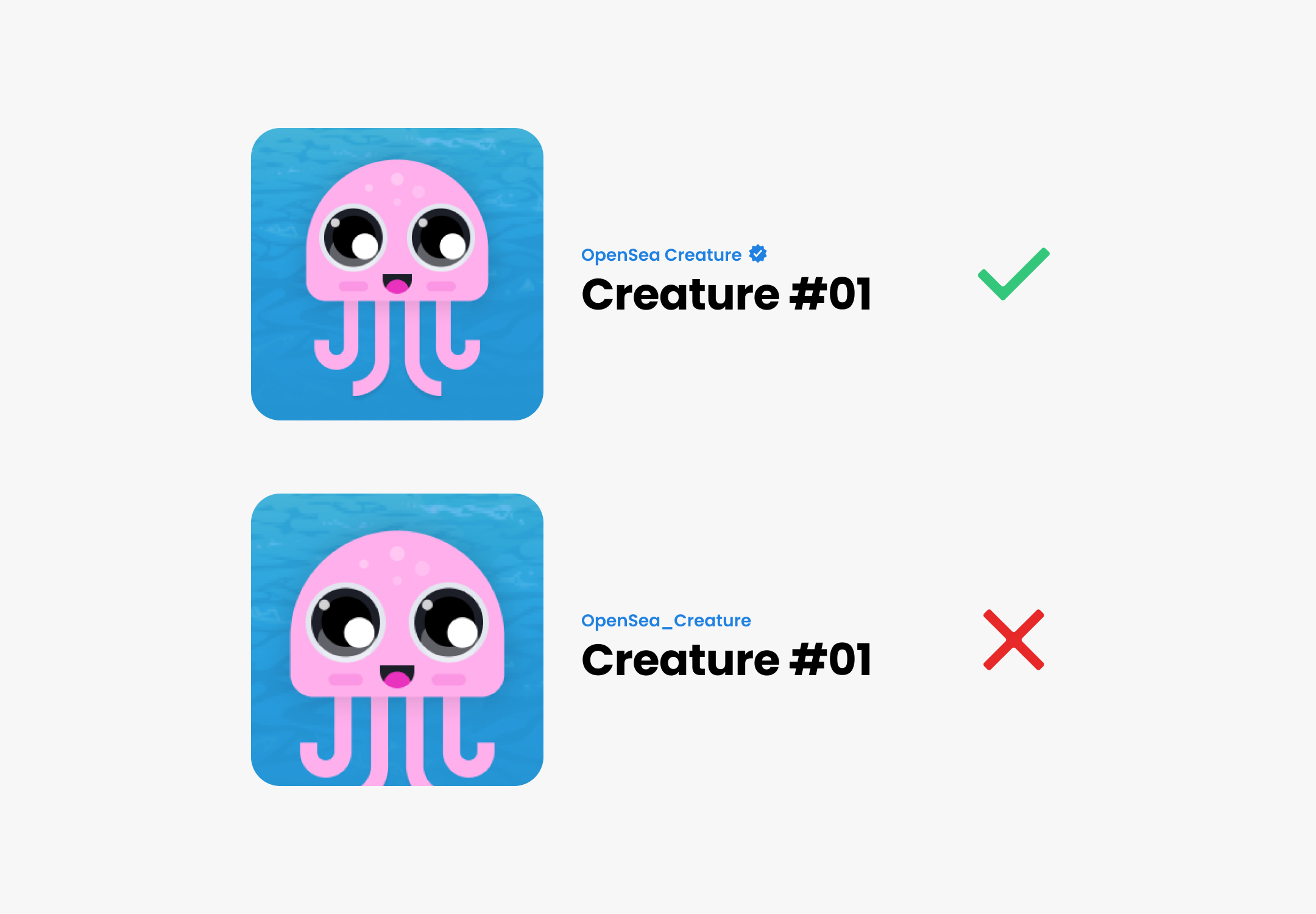
OpenSea says the long-term goal is to eliminate all existing copymints on its platform, as well as to help prevent new copymints from appearing in the first place. The system is said to be already operational, and OpenSea is planning to scale up the removal process over the next several weeks.
Another way that OpenSea can do to help the community avoid plagiarized content is through verification. This is nothing new to OpenSea, but the verification process is being upgraded to an invite-based system so that more creators can be verified. The way this works is, for any account with at least 100 ETH of collection volume, OpenSea will give them a chance to apply to be verified. Collections can then get a blue badge once the owner becomes verified.
The announcement is certainly good news for both creators and collectors. The lack of trust is already a big issue in the NFT ecosystem, and efforts like this are a great way for platforms like OpenSea to help protect its community, with hopes that they can navigate the world of NFTs more confidently.

